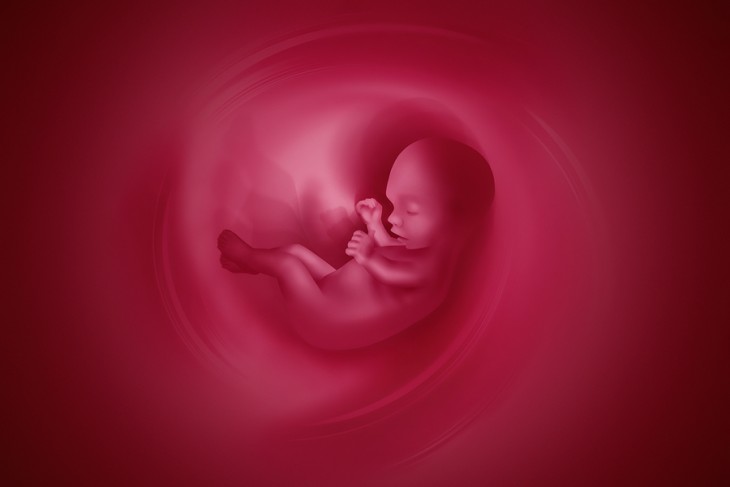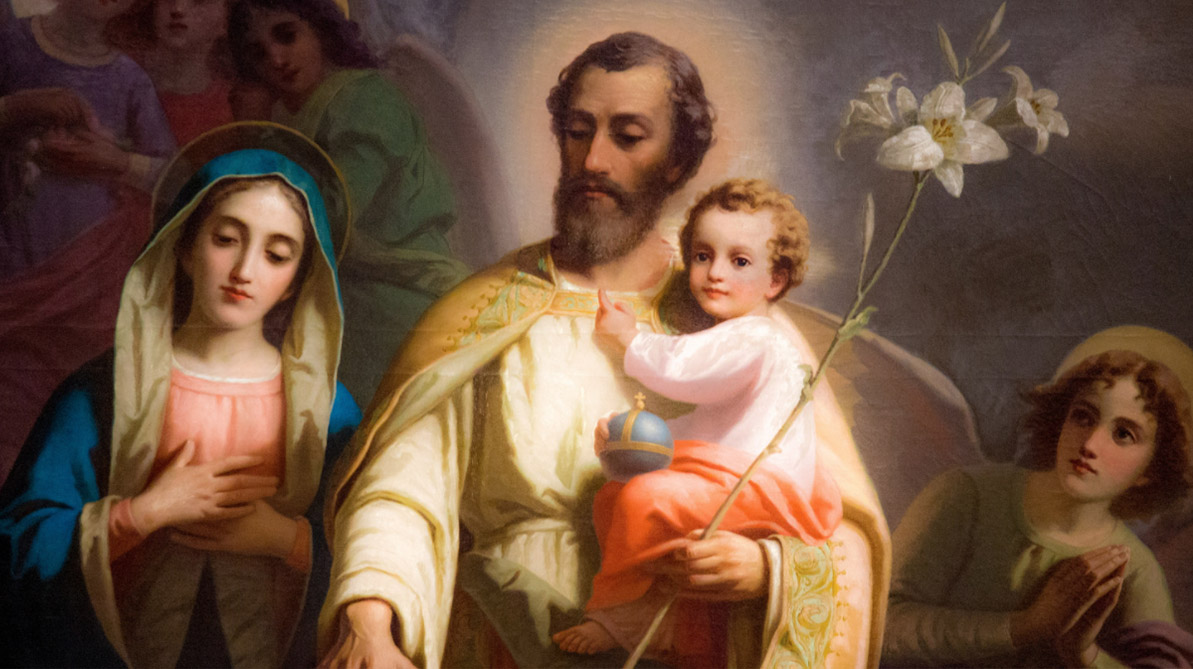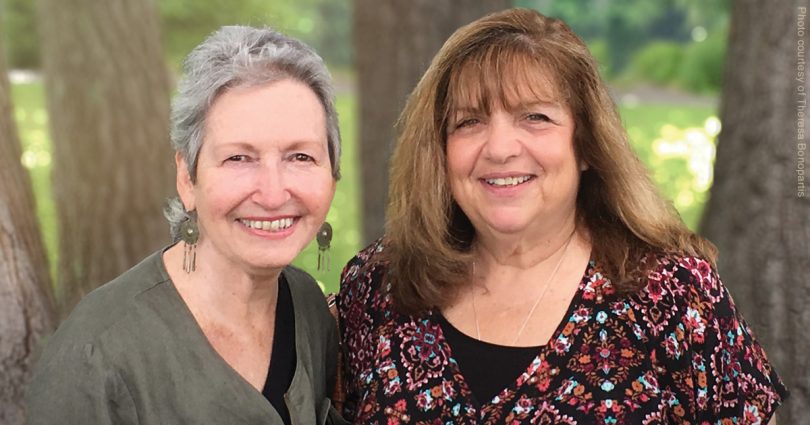By The Culture of Life Studies Program Team
With the wide acceptance of threats to life, such as abortion and euthanasia, our culture has lost a sense of the value of suffering. When life becomes expendable and the worth of a person is determined by his contribution to society, suffering is also seen as worthless and unnecessary. When we lose sight of what is means to suffer, we forget about the incomparable worth of the human person above all other creatures. Sick and suffering people are vulnerable. They are among the weakest members of our society. The world tells them they are so worthless that they should just hurry up and die, that they are a burden on society, that it costs more money to keep them alive than it does to murder them in euthanasia, and that euthanasia will help them be free again.
As a society, we think we can control life and death. This attitude reduces the human person from a being created by God with immeasurable worth to a mere collection of organs and tissues, valuable only as long as they are functioning members of society. Euthanasia is not a free choice; it is the worst form of neglect for suffering human beings. Instead of caring for the patient with compassion, euthanasia ultimately determines the value of that person’s life based on his contribution to society, the burden placed on his family, and his own will to live.
Suffering people deserve compassion, not death. True compassion for the suffering is not utilitarian, nor does it seek the death of the person for the “good” of society. True compassion is walking with the patient and caring for him during his suffering until God calls him home to Himself. In a culture of life, a person’s sufferings are eased while still giving him the necessities needed to sustain life—food, water, oxygen, housing, etc. When we take the time to care for an aging parent, a sickly neighbor, or a needy friend, we are not only showing that person our love and respect, but we are also showing our gratitude to God for His gift of life in our lives and in the lives of our friends, family, and neighbors.
In 1 Thessalonians 5:18, St. Paul tells us: “In all circumstances give thanks, for this is the will of God for you in Christ Jesus.” In essence, St. Paul is saying to praise God when you receive blessings and when you encounter suffering. In everything, praise God.
Wait! Do we really have to thank God for suffering? That seems backward!
It isn’t really. We have to train ourselves to see the hand of God at work in every moment of our lives, even in the suffering we endure. God loves us so much that He will never abandon us, but it takes faith, courage, and a lot of trust in Him for us to accept our suffering. Seeing the positive side of suffering is hard. As Catholics, we understand that our suffering and pain on this Earth is not in vain; when we offer up our sufferings and tie ourselves to Christ’s suffering on the Cross, we can play a part in the redemptive suffering of Jesus.
We never suffer uselessly if we offer up our suffering. This month, we celebrate Thanksgiving, a day we traditionally voice the blessings we have received in our lives during the past year. But remember, we owe everything to God, even the hard things in life. This Thanksgiving, in addition to remembering your blessings over the past year, voice your thanks for the sufferings you have gone through and how God has helped you through them. Think about what lessons you have learned as a result of your suffering and thank God for the opportunity to offer up your trials. Get in the habit of praising God for your suffering and try to see how He, in His love for you, is guiding you to be closer to Him.
Living to the Lord also means recognizing that suffering, while still an evil and a trial in itself, can always become a source of good. It becomes such if it is experienced for love and with love through sharing, by God’s gracious gift and one’s own personal and free choice, in the suffering of Christ Crucified. In this way, the person who lives his suffering in the Lord grows more fully conformed to him and more closely associated with his redemptive work on behalf of the Church and humanity.
– Saint John Paul II, Evangelium Vitae, section 67
The latest educational supplement from the Culture of Life Studies Program, Euthanasia: An Introduction, explores the Church’s teaching on euthanasia and suffering. In a one-class session supplement, high school students discuss recent case studies involving euthanasia and learn how they can respond to common questions and arguments about the issue of euthanasia. Visit all.org/store to learn more.
This blog originally appeared on the Culture of Life Studies Program website at cultureoflifestudies.com/newsletter/give-thanks-in-all-things. For more information on this amazing program, visit cultureoflifestudies.com.



